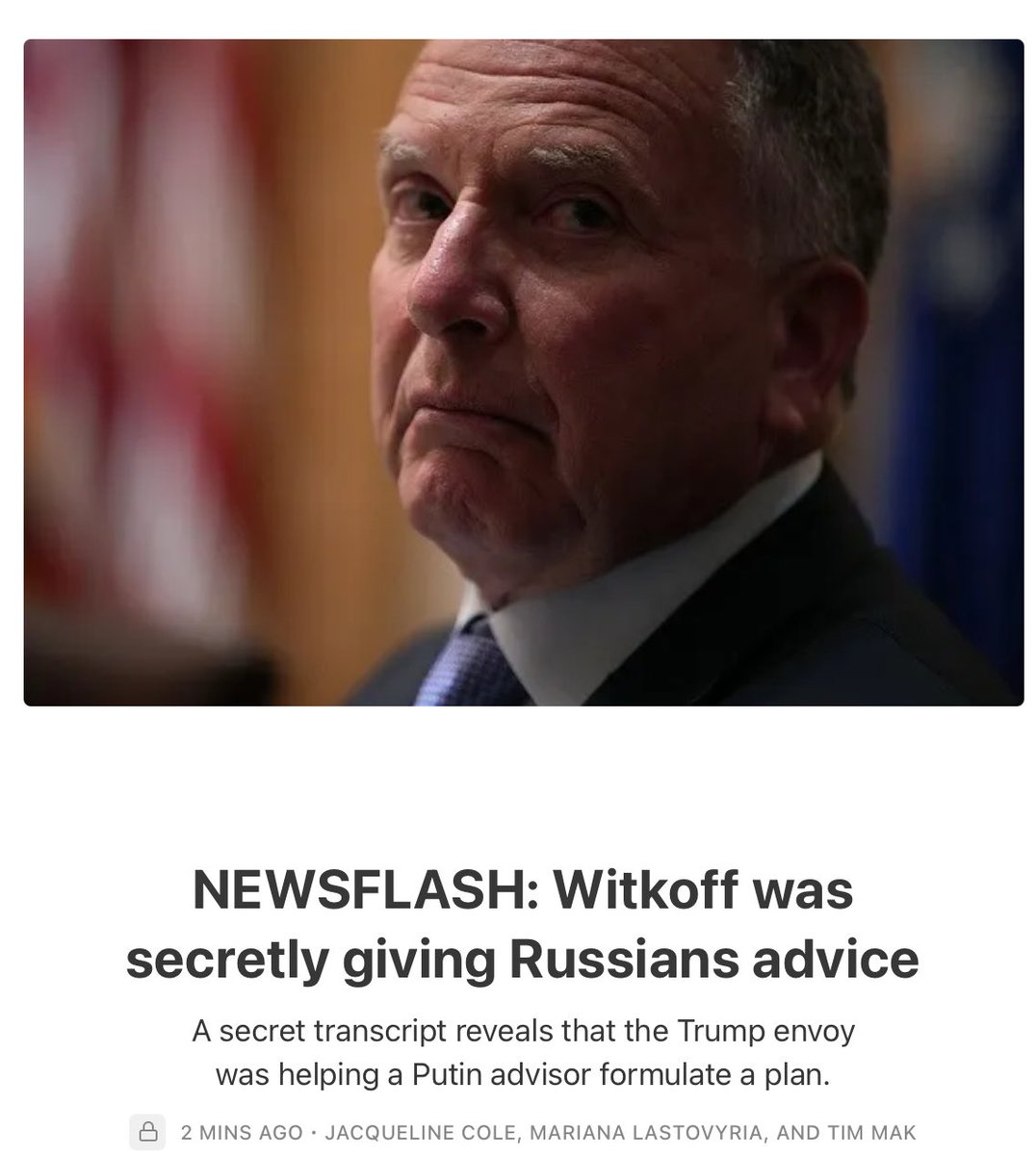Good morning from Ukraine.
Kyiv remains in Ukrainian hands, but is under a multi-day curfew until Wed AM
Zelenskyy: since NATO won’t accept Ukraine, we will need to look for other guarantees…
Kyiv remains in Ukrainian hands, but is under a multi-day curfew until Wed AM
Zelenskyy: since NATO won’t accept Ukraine, we will need to look for other guarantees…
Zelenskyy wants a personal meeting with Putin
“We will not resolve all the issues, but there is a chance we will resolve some, and at least we will stop the war.”
“We will not resolve all the issues, but there is a chance we will resolve some, and at least we will stop the war.”
Photos: Three standup comedians give a show in a bomb shelter in Sumy, northeastern Ukraine
Photos via Ukrainian Ministry of Internal Affairs


Photos via Ukrainian Ministry of Internal Affairs



Ukrainian civilians still hold on to hope that the Russian military will not target them or their children
https://twitter.com/_emmagh/status/1506193806936391682?s=21
Same coming out of Mariupol. Mercy Corps advisor: “cars are all taped together with duct tape and plastic, packed with 7-8 people in each car. Many of the cars say “child” on the window in the hopes that this would prevent them from being attacked.”
On the road again today.
Spotted: soldiers grilling at a checkpoint.
Things have begun to operate like clockwork when traveling away from front line areas.
The soldier didn’t even ask for my passport I just nodded at him and he waved us through.
Spotted: soldiers grilling at a checkpoint.
Things have begun to operate like clockwork when traveling away from front line areas.
The soldier didn’t even ask for my passport I just nodded at him and he waved us through.
We spent the last couple days in Odesa looking at their defenses.
It’s an urban area that has been completely transformed in prep for fighting
Listen here to my Morning Edition story on the Ukrainian military’s efforts in and around Odesa
npr.org/2022/03/22/108…
It’s an urban area that has been completely transformed in prep for fighting
Listen here to my Morning Edition story on the Ukrainian military’s efforts in and around Odesa
npr.org/2022/03/22/108…
All these 19th century buildings are behind checkpoints now -- only locals are allowed to pass.
We saw a single restaurant still remaining open behind the security checkpoint, with taped windows, to feed residents still remaining.



We saw a single restaurant still remaining open behind the security checkpoint, with taped windows, to feed residents still remaining.




Press were permitted to tour these areas with a Ukrainian military escort who ensured that no one photographed particularly sensitive positions.
Here, a flag signed by Odessa’s civilians:
Here, a flag signed by Odessa’s civilians:
I was also able to visit the famous statue for the Duke of Richelieu, which is now covered in sandbags in Odesa… they are concerned a naval bombardment or fighting could destroy it 

Eugene pt. 2: March 2 was last time he spoke to his family in Mariupol.
"Well, this is war. Lot of my friends actually managed to escape, and right now, I'm trying to organize some sort of transport to evacuate my family. But this is a complete mess."
"Well, this is war. Lot of my friends actually managed to escape, and right now, I'm trying to organize some sort of transport to evacuate my family. But this is a complete mess."

A scene of everyday life here in Odesa right now: the buses run when there aren't air raid sirens:
Spoke to a leading rabbi in Odesa: Avraham Wolf… we sat and chatted in a synagogue that his wife’s great great grandfather built in 1898…
The rabbi dismissed the idea that Ukraine, where he lived for last 30 years, is run by neo-Nazis.
“I wake up in the morning and somebody say, Me, I live in the Nazis country... I don't know how to say, how much is it's stupid to talk about it.”
“I wake up in the morning and somebody say, Me, I live in the Nazis country... I don't know how to say, how much is it's stupid to talk about it.”
In fact, Wolf said he thought Ukraine was significantly less anti-Semitic than other countries in Europe.
I asked Wolf whether he'd experienced anti-semitism in the city.
Wolf: Never.
Me: Not a single time?
Wolf: No. Never in 30 years
I asked Wolf whether he'd experienced anti-semitism in the city.
Wolf: Never.
Me: Not a single time?
Wolf: No. Never in 30 years
But Wolf is a student of history: recalling the Nazi siege of Odesa in 1941 he’s preparing his community.
He has stockpiled literally thousands of pounds of pasta, rice, sugar and flour in case the Russians reach the city.
He has stockpiled literally thousands of pounds of pasta, rice, sugar and flour in case the Russians reach the city.
Not an exaggeration to say that there are Ukrainian flag on nearly every building in the city center of Odesa 





The Mayor of Odesa told me that there are Russian warships off the coast… but also that the city is prepared for any Russian amphibious landing or assault
Odesa military governor spox: any landing by the Russian military would be a “suicide mission”
Odesa military governor spox: any landing by the Russian military would be a “suicide mission”
The war Dog of the day is Bao: "like the Japanese burger," said her owner.
Found her past the checkpoints in Odesa
Cc: @darth


Found her past the checkpoints in Odesa
Cc: @darth



• • •
Missing some Tweet in this thread? You can try to
force a refresh






















